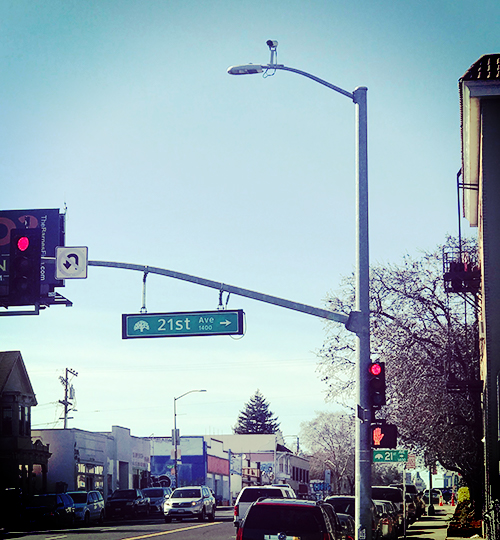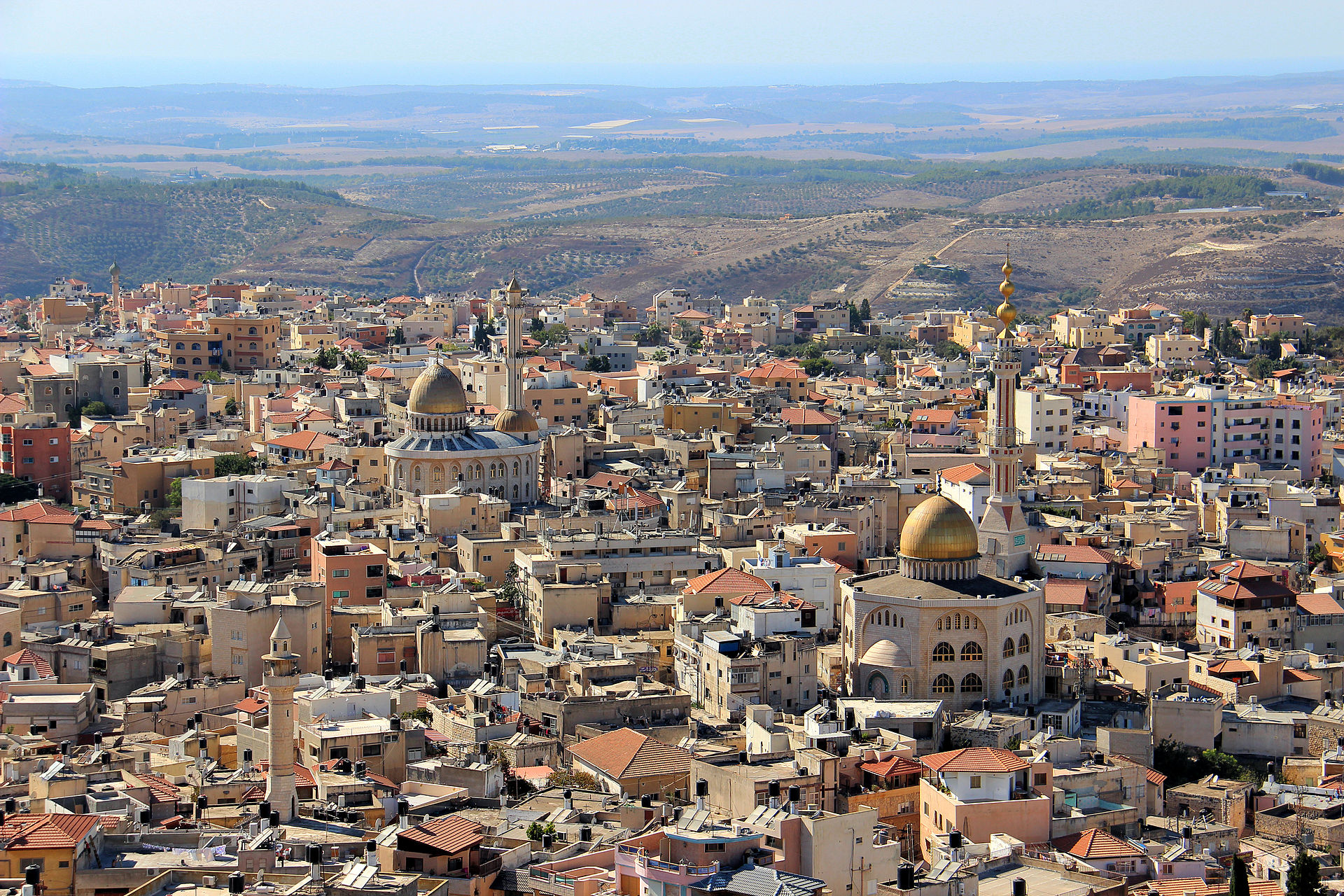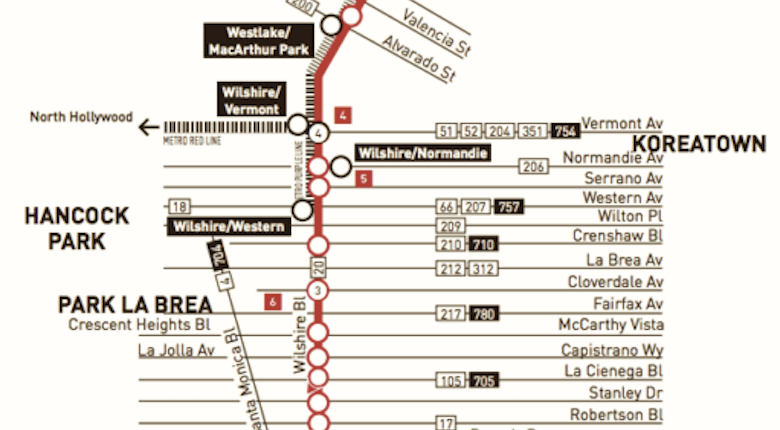By Madeleine K. Smith
Published on March 31, 2013
From that summer, I remember this.
Basically:
Colour, light, movement
and a feeling
exhilaration and curiosity smushed
This is my element
This is MY element,
I now realize.
New faces, new voices, strange voices
thick French, mistaken identity as Québécoise
Smile, laugh noncommittally, shuffle away
Into vast sunflower fields
and windy beaches with scores of dead squidgy jelly fish
and driving into the wee hours of the night
Darkness and quiet blanket us
In search of our destination.
The concept of “the family vacation” leaves me in a complex mental space of mixed emotions, memories, ideas, and hopes. For me, the rituals around summer camping trips hold a profound sense of excitement. The plans to leave home at 5 AM to get a good start, and setting off finally at 10 in the last minute rush of forgotten tasks, to be stuck in Toronto traffic. My two brothers and I piled together in the back seat along with various library books and cassette tapes, pillows, and snacks to keep us company. Dad, always left to set up the tent on his own, while my brothers explore the woods and I search for all the kids in our temporary neighbourhood. The dried mashed potatoes, no-name mac and cheese, doughboys and s’mores. These delicacies are never ever eaten at home. My family’s annual summer camping trips have always included these customs, and our trip out East was no different.
 THE destination
the OCEAN.
unending, green, grey
Perpetual taste of salt in the air, on my lips,
First and last local lobster
on a picnic table
Only Dad and I can stomach it.
Dad stomachs the stomach
to our mixed disgust and enjoyment.
Beyond the rituals, our trips satisfied my desire for and enjoyment of experiencing new places, new knowledge, and new friends. Most of the memories from my family’s first big camping trip to Eastern Canada are of the exhilarating and curious moments I embraced as a child. I still have the contact information for Clare and Maria from Dartmouth, Nova Scotia, scribbled in the little black address book I bought from the Anne of Green Gables souvenir shop. I can still recall sitting through a Parks Canada educational presentation about dragonflies, wrapped in a raggedy pink towel, after a long day of hiking and swimming. Have I blocked out certain memories? Were some events too insignificant for my child-self to hold onto?
Road trip, well planned, to the east
Our hope? Relaxation at least!
But three kids with lice,
Is not very nice.
Unfortunate, tension increased!
Smith, J. (personal communication, September 20, 2012)
Mum’s memories of this trip seem far more painful than mine. I’d completely forgotten my brothers and I had lice the entire time. Apparently, she doused our hair in the lice shampoo before sending us to that dragonfly presentation, in a last ditch attempt at removal. Our hair marinated for the whole two-hour presentation (instead of the recommended 20 minutes). I’d also forgotten about the broken cooking stove and having to drive an hour and a half to replace the broken part. I didn’t know at the time that she was terrified of falling asleep at the wheel during our late late nights travelling to get to the next campground. As the Organizer, the Problem-Solver, the Cook, the Health-Care Worker (and so on and so on and so on, she’s a good Mum), she had pretty significant priorities on the trips.
French monasteries hold
The divine secret
to making light,
delectable cheese.
I hold the secret
To a one minute shower
Which is how much hot water
Can be bought for a dollar.
I think I was the in-between. I was an observant ten-year-old, and this trip was my first across a significant part of Canada. Perhaps my worldview broadened; maybe the trip fuelled the start of a little paradigm shift. Me, nearing the end of being a child and about to start being something else. My role was to experience, and to learn, and to enjoy it. That’s the role I chose for myself, anyway.
Exploring crevices daily hidden and revealed
We see strange slippery seaweed
And scuttling crustaceans.
My brother Sam perplexes me. I’ve only in recent years discovered that my younger brother doesn’t remember a number of shared childhood experiences that were incredibly meaningful to me. We’re only two years apart; he was eight on this trip. Life sort of just happens to Sam while his head’s in the clouds, daydreaming about Thomas the Tank Engine, Lego, Calvin and Hobbes, taking apart broken down machines, creating an epic costume of the dark knight from Monty Python and the Holy Grail (complete with removable arms), or any one of a pile of his other varied interests and hobbies. But to forget an entire three-week trip! The mind boggles.
THE destination
the OCEAN.
unending, green, grey
Perpetual taste of salt in the air, on my lips,
First and last local lobster
on a picnic table
Only Dad and I can stomach it.
Dad stomachs the stomach
to our mixed disgust and enjoyment.
Beyond the rituals, our trips satisfied my desire for and enjoyment of experiencing new places, new knowledge, and new friends. Most of the memories from my family’s first big camping trip to Eastern Canada are of the exhilarating and curious moments I embraced as a child. I still have the contact information for Clare and Maria from Dartmouth, Nova Scotia, scribbled in the little black address book I bought from the Anne of Green Gables souvenir shop. I can still recall sitting through a Parks Canada educational presentation about dragonflies, wrapped in a raggedy pink towel, after a long day of hiking and swimming. Have I blocked out certain memories? Were some events too insignificant for my child-self to hold onto?
Road trip, well planned, to the east
Our hope? Relaxation at least!
But three kids with lice,
Is not very nice.
Unfortunate, tension increased!
Smith, J. (personal communication, September 20, 2012)
Mum’s memories of this trip seem far more painful than mine. I’d completely forgotten my brothers and I had lice the entire time. Apparently, she doused our hair in the lice shampoo before sending us to that dragonfly presentation, in a last ditch attempt at removal. Our hair marinated for the whole two-hour presentation (instead of the recommended 20 minutes). I’d also forgotten about the broken cooking stove and having to drive an hour and a half to replace the broken part. I didn’t know at the time that she was terrified of falling asleep at the wheel during our late late nights travelling to get to the next campground. As the Organizer, the Problem-Solver, the Cook, the Health-Care Worker (and so on and so on and so on, she’s a good Mum), she had pretty significant priorities on the trips.
French monasteries hold
The divine secret
to making light,
delectable cheese.
I hold the secret
To a one minute shower
Which is how much hot water
Can be bought for a dollar.
I think I was the in-between. I was an observant ten-year-old, and this trip was my first across a significant part of Canada. Perhaps my worldview broadened; maybe the trip fuelled the start of a little paradigm shift. Me, nearing the end of being a child and about to start being something else. My role was to experience, and to learn, and to enjoy it. That’s the role I chose for myself, anyway.
Exploring crevices daily hidden and revealed
We see strange slippery seaweed
And scuttling crustaceans.
My brother Sam perplexes me. I’ve only in recent years discovered that my younger brother doesn’t remember a number of shared childhood experiences that were incredibly meaningful to me. We’re only two years apart; he was eight on this trip. Life sort of just happens to Sam while his head’s in the clouds, daydreaming about Thomas the Tank Engine, Lego, Calvin and Hobbes, taking apart broken down machines, creating an epic costume of the dark knight from Monty Python and the Holy Grail (complete with removable arms), or any one of a pile of his other varied interests and hobbies. But to forget an entire three-week trip! The mind boggles.
 I am fascinated by the idea that a shared experience can impact people so differently. Clearly our paradigms shape how we experience travel, and our social roles shape how we react to new situations and how we connect with people along the way. I am also blown away by the fact that for over ten years I’ve carried these memories and ideas of this trip out East around with me with the assumption that my whole family had the same bits and pieces floating around their minds. The first time my younger brother, my Mum and I discussed this trip since it happened was a few months ago. What other assumed memories and perceptions am I carrying around? “The family vacation” seems to be a psychology experiment in disguise: what happens when people who share genetics and history usher themselves into a closed environment (a car, a tent) as their surroundings move around them, transforming into new shapes, new experiences? How do changes in time and space shape and transform our memories and senses of self?
I am fascinated by the idea that a shared experience can impact people so differently. Clearly our paradigms shape how we experience travel, and our social roles shape how we react to new situations and how we connect with people along the way. I am also blown away by the fact that for over ten years I’ve carried these memories and ideas of this trip out East around with me with the assumption that my whole family had the same bits and pieces floating around their minds. The first time my younger brother, my Mum and I discussed this trip since it happened was a few months ago. What other assumed memories and perceptions am I carrying around? “The family vacation” seems to be a psychology experiment in disguise: what happens when people who share genetics and history usher themselves into a closed environment (a car, a tent) as their surroundings move around them, transforming into new shapes, new experiences? How do changes in time and space shape and transform our memories and senses of self?
 Madeleine Smith is a fourth year student specializing in International Development Studies, and has thoroughly enjoyed working as the Project Coordinator for On the Move. She has also been involved in editing the IDS Students’ Association’s newsletter, and has spent the last year serving as a board member for The Varsity, U of T’s tri-campus student-run newspaper. In her spare time, Madeleine enjoys knitting, camping, and drinking fair trade coffee.
Madeleine Smith is a fourth year student specializing in International Development Studies, and has thoroughly enjoyed working as the Project Coordinator for On the Move. She has also been involved in editing the IDS Students’ Association’s newsletter, and has spent the last year serving as a board member for The Varsity, U of T’s tri-campus student-run newspaper. In her spare time, Madeleine enjoys knitting, camping, and drinking fair trade coffee.
Further reading suggestions
- Butler, Toby. 2007. “Memoryscape: How Audio Walks Can Deepen Our Sense of Place by Integrating Art, Oral History, and Cultural Geography.” Geography Compass 1 (3): 360-372.
- Chawla, Louise. 1994. In the First Country of Places: Nature, Poetry and Childhood Memory. Albany, NY: State University of New York Press.
- Erickson, Bruce. 2013. Canoe Nation: Rethinking Canoeing, Nature and Canada. Vancouver: University of British Columbia Press.
- Lather, Patti. 2002. “Postbook: Working the Ruins of Feminist Ethnography.” Signs: A Journal of Women in Culture and Society 27 (1): 199-227.
- Mortimer-Sandilands, Catriona. 2008. “Queering Ecocultural Studies.” Cultural Studies 22 (3-4): 455-476.



We loved and accompanied you and your family on the ‘family vacation’. With some inside knowledge of the family concerned, we can understand the contrasting versions of the remembered experience. A good story! Keep it for your kids!
Grandma and Grandad
This is a very interesting and well written story, I can relate with the experience of place in regards to summer camping trips with the family. My father as well would take care of the tent building as my siblings and I explored the woods. You explained how your brother doesn’t remember numerous shared childhood experiences that were meaningful to you. I believe yes your brother physically shared that place with you but some people have a stronger connection with certain places than others, some feel more attached then others. For example my brother and I shared many experiences with each other but we appreciate different places and things and attach different meanings to them. Great story, it had me reminiscing about my childhood!
Great Story! Madeleine shows us how even something as normative as a camping trip is not how we perceive it to be. As a girl who grew up going on camping trips all the time, I can consent that my family and I had different experiences and memories. My father loved it, it was where he could relax. I hated it. Madeleine brings up an interesting point: family shares genetics and history. They may even share similar values and ideas. So then what makes us experience and react to life so differently? Personality, gender, age, past experiences? With the risk of being too philosophical: is it a daunting thought that we live in a shared space but exist in different realities?
Your written work had me reminiscing about the book The Giver written by Lois Lowry for the reason that it should never be taken for granted that no one and no place shall ever be identical. The world would lack as much color as the seemingly Utopian family in the novel. Furthermore, I identified space time compression present within your piece as you thoroughly described the family trip (through many perspectives) that you all took to the East of Canada. Living in Toronto, sitting in my room in 2015, you took me back to years ago, to a place in Canada that I may never be able to visit for myself.
Madeleine’s article opened up a unique concept that not many of us tend to think about. This is the idea that one trip can have different views pertaining to each individual. I remember when my family and I went on a road trip to Halifax; at the time I thought we all shared the same blissful memories. However, on this trip, my experience was different then that of the rest of my family. Finally, seeing that I was only a young girl, what I remember as an adventurous trip out East, is not how my brother remembers it since his experience was that of an older brother.
What an amazingly written story! I couldn’t help but be reminded of my childhood picnics my family and I would go on every summer. My siblings are much older than I am, so we constantly go through memory lane having different experiences and memories. Just as you, I too share a different sense of place than my siblings. I believe age and personality have a factor in how we view and experience physical places. Although you and your family were physically together, all of you were at different stages in life and share different personalities.